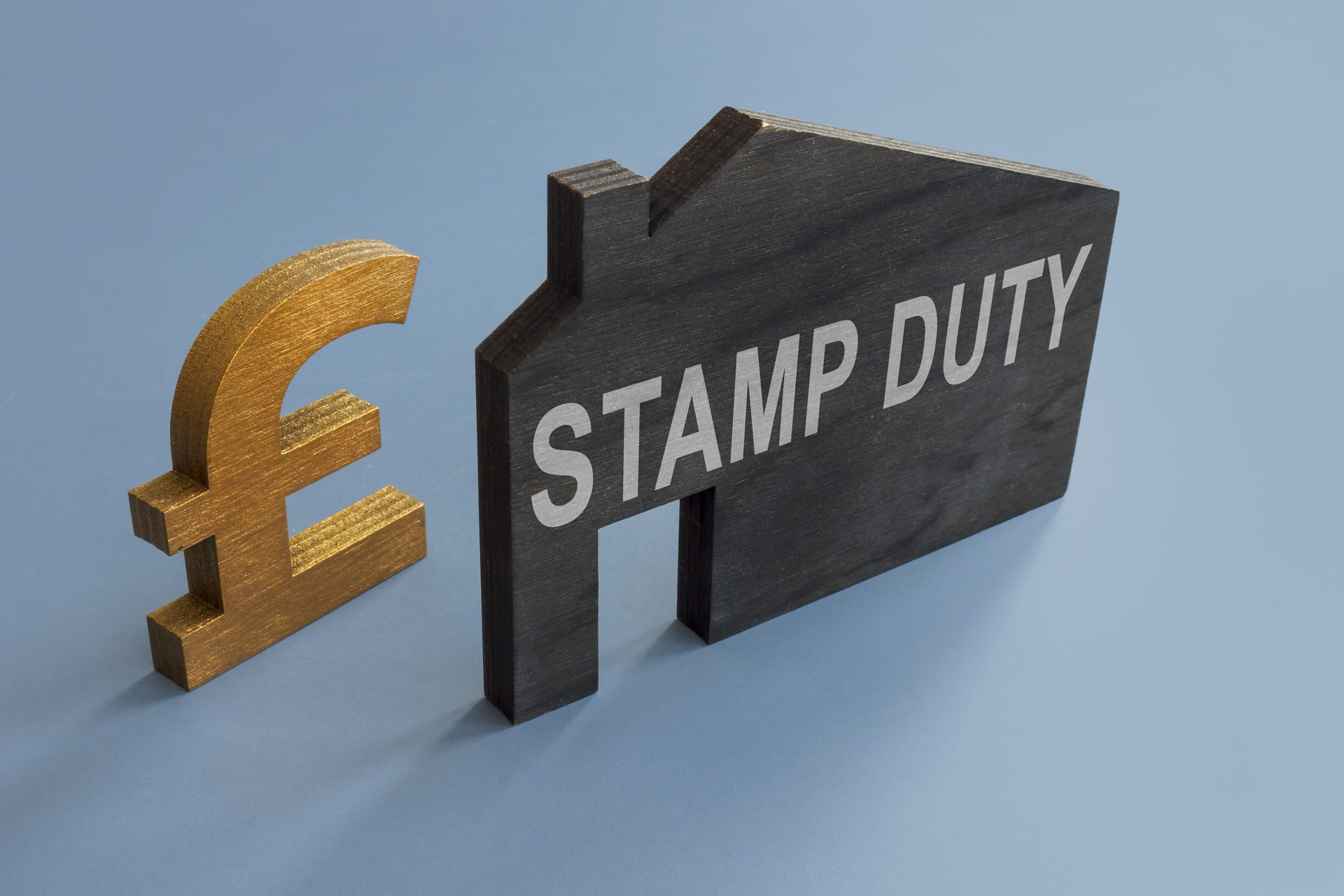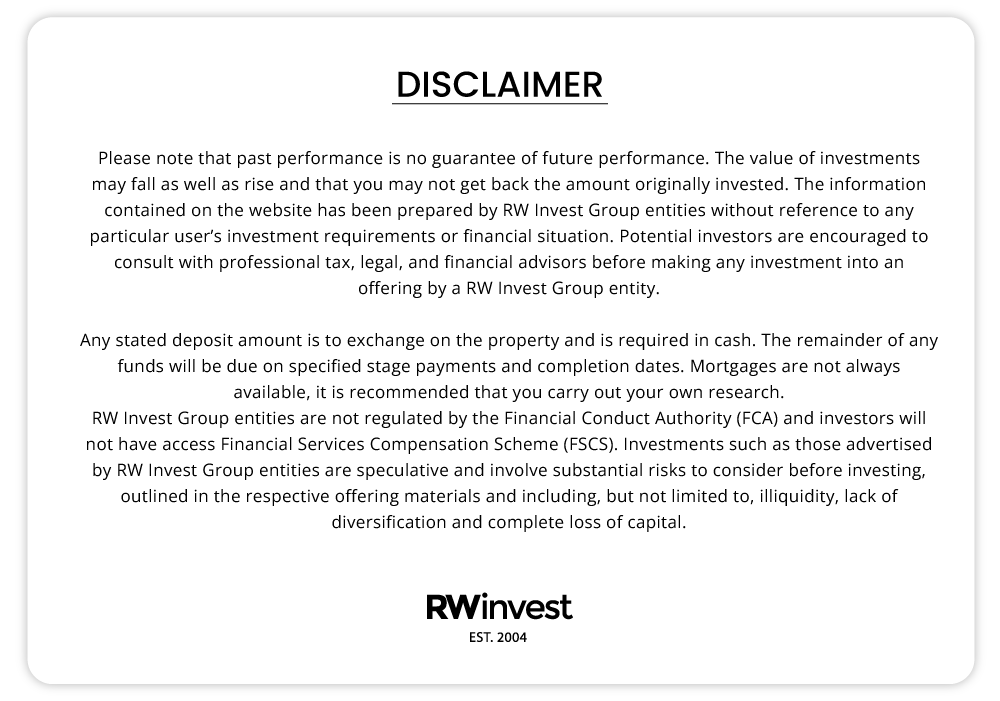'One of the Most Astonishing U-Turns in Modern Political History'
You have probably seen in the news that there have been major shakeups in the UK government in the past few days. Liz Truss has resigned from her position as Prime Minister after a record 45 days in office, and there is significant infighting amongst the Conservative party.
In all this turmoil, it’s easy to miss that the new Chancellor Jeremy Hunt implemented a major U-turn on the mini-budget introduced in September 2022, reversing many of the policies implemented by the previous Chancellor. The Guardian has called this ‘one of the most astonishing u-turns in modern political history’.
While this has been a confusing few days, it is important for property investors to keep up with changes in the economy, and so we have summarised what you need to know about this U-turn and how it will affect the property market.

How to Build a Property Portfolio, Get Started Now!
Tips on how to start building your property portfolio with tools for success.
There Are Still Reduced Rates on Stamp Duty
One of the more popular aspects of Kwasi Kwarteng’s mini-budget was the cuts to stamp duty to help encourage the housing market. First-time buyers will pay no stamp duty on properties worth up to £425,000, whilst existing homeowners will pay 5% from £250,000.
Investors will be happy to know no changes to these reduced rates have been announced as part of the U-turn, meaning they are here to stay for now.
If you are purchasing additional properties, either to live in or as investments, you will need to pay a surcharge on top of the stamp duty you would normally pay on the property.
For more information about the cuts to stamp duty and what they mean for investors, read our property news blog where we explain the information you need to know about stamp duty cuts.

Last Chance to Invest in Luxury Waterfront Apartments
Limited time offer! Back-to-market 1-bed units in one of our best-ever developments
Mortgage Rates are Steadying
Ever since the U-turn was announced, mortgage rates began to skyrocket rapidly as the market reacted to the new economic policies. The Bank of England raised mortgage rates to 2.25%, which in turn affected how mortgage lenders set their rates.
The weekend after Hunt implemented his U-turn was the first time mortgage rates remained stable since the mini-budget was announced.
While mortgage rates are still rising in an effort to combat inflation rates, it is expected the u-turn will provide some stability to the market. The Telegraph has even reported that ‘the mortgage panic is over’.
For investors, this means house prices may fall in the near future due to fewer people purchasing property using mortgages. This will make investing in property more affordable, meaning you could invest in property for less than you thought.
As well as this, off-plan property is becoming a more valid way of property investment, as payment plans and the lower costs of off-plan means you may not need a buy-to-let mortgage when investing.

Unbeatable Views, Unbeatable Returns
Secure a 2-bed apartment in this landmark development boasting panoramic views of Liverpool’s Waterfront.
The GBP Is Stabilising
The mini-budget caused a massive crash in the value of the GBP as it caused panic across numerous markets, and the following division of the Conservative Party only added to this uncertainty.
This has caused the GBP to stabilise after the crash in value, with the value of the pound rising to the equivalent of $1.13 at the time of writing, a sharp rise from the lowest value in September of $1.07. This shows confidence is beginning to return to the UK economy, even if it will be a long road to recovery.
For investors, this means it is still a good time for foreign investors to consider UK property, but they should act fast before the value of the pound recovers.
This way, they can get the best value for their money and then benefit from the stability of the pound in the future as the UK economy rebuilds its strength.
Jeremy Hunt is expected to make a further statement on the 31st of October, which will obviously have new ramifications for the economy and the UK housing market, but you can be sure that we will keep you up to date with what you need to know as a property investor.




